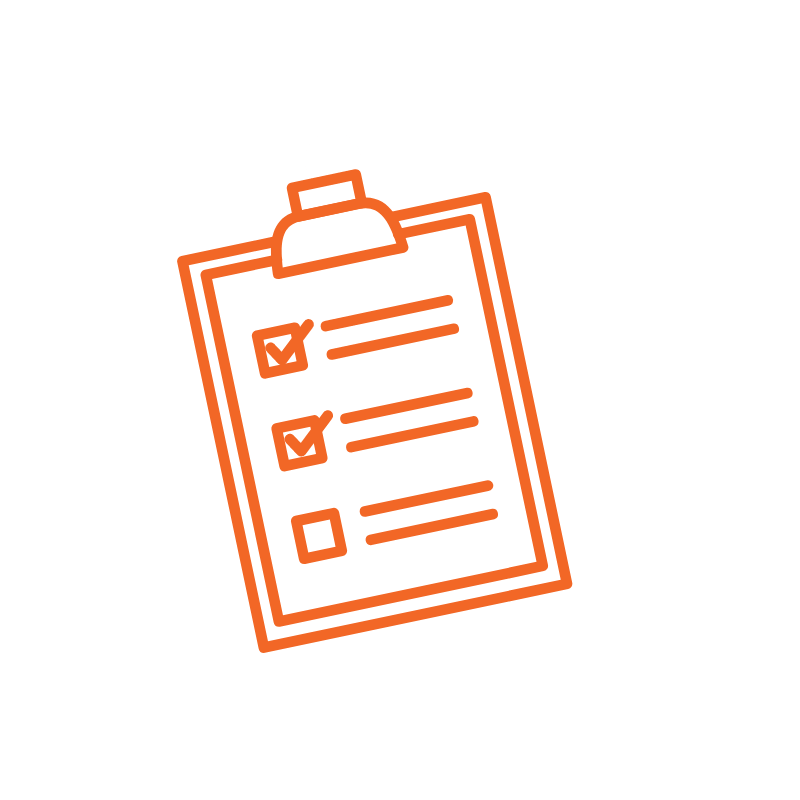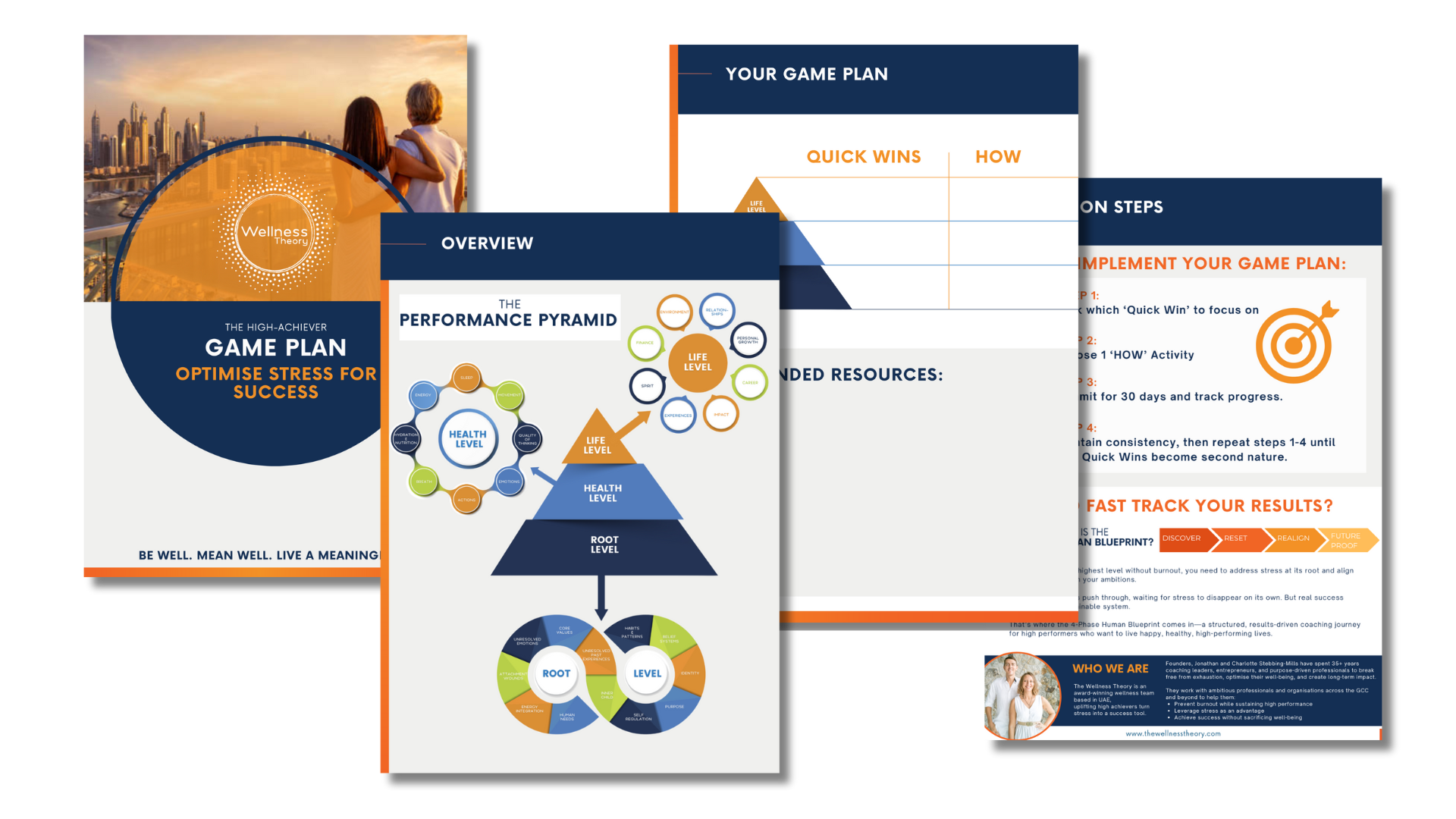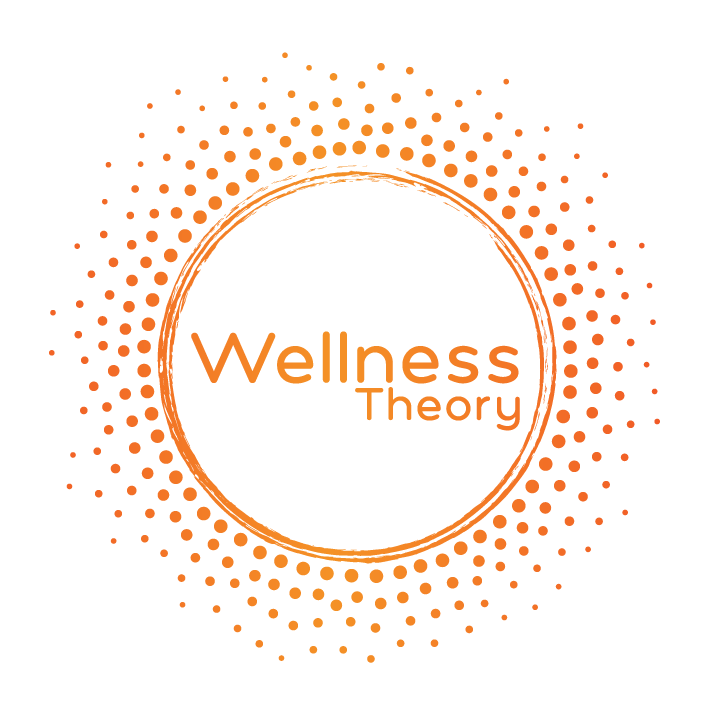Related Posts
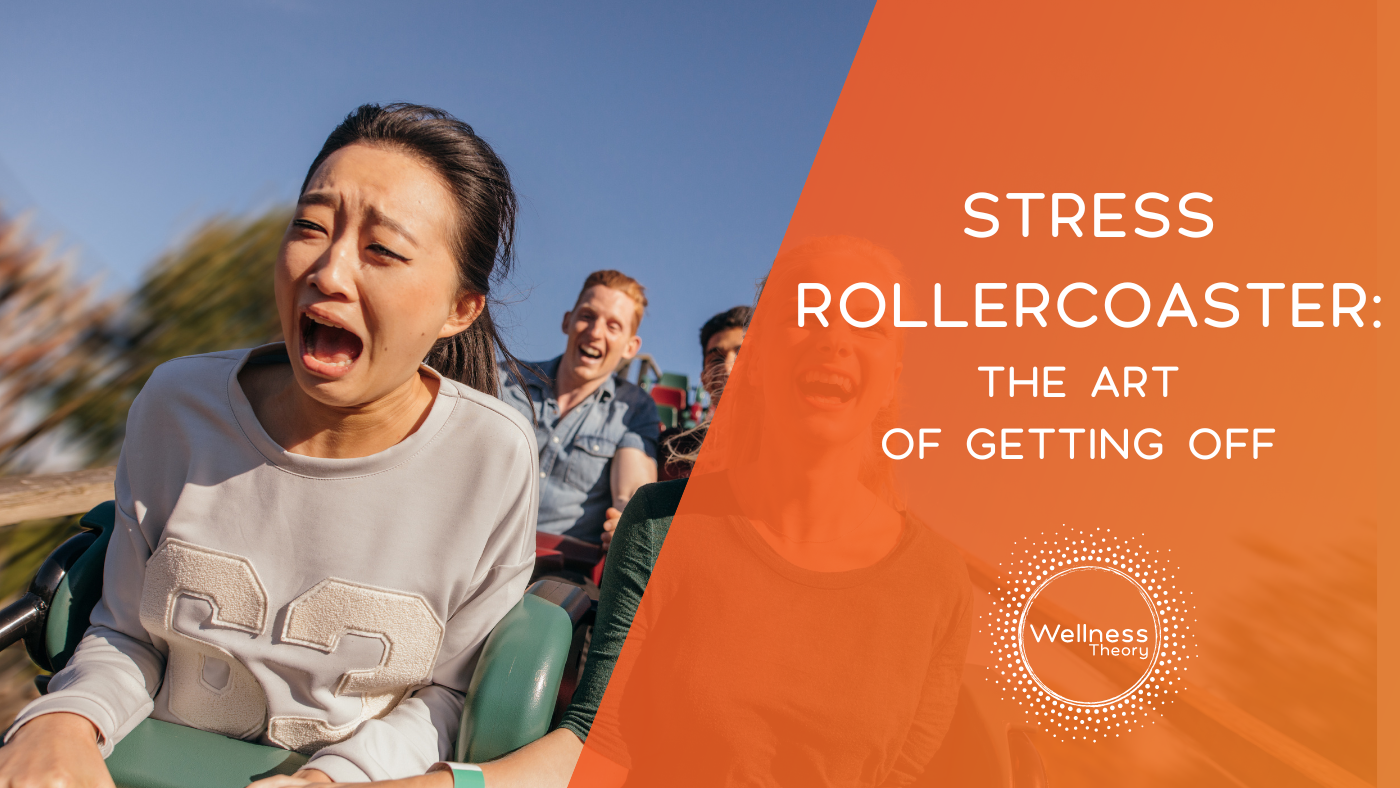
Stress Rollercoaster: The Art of Getting Off
MARCH 31 , 2022 - STRESS-RELIEF, WELLNESS
This article will let you know where you currently are in your own ‘stress journey’, before you can recover and move forwards in a way that lasts.
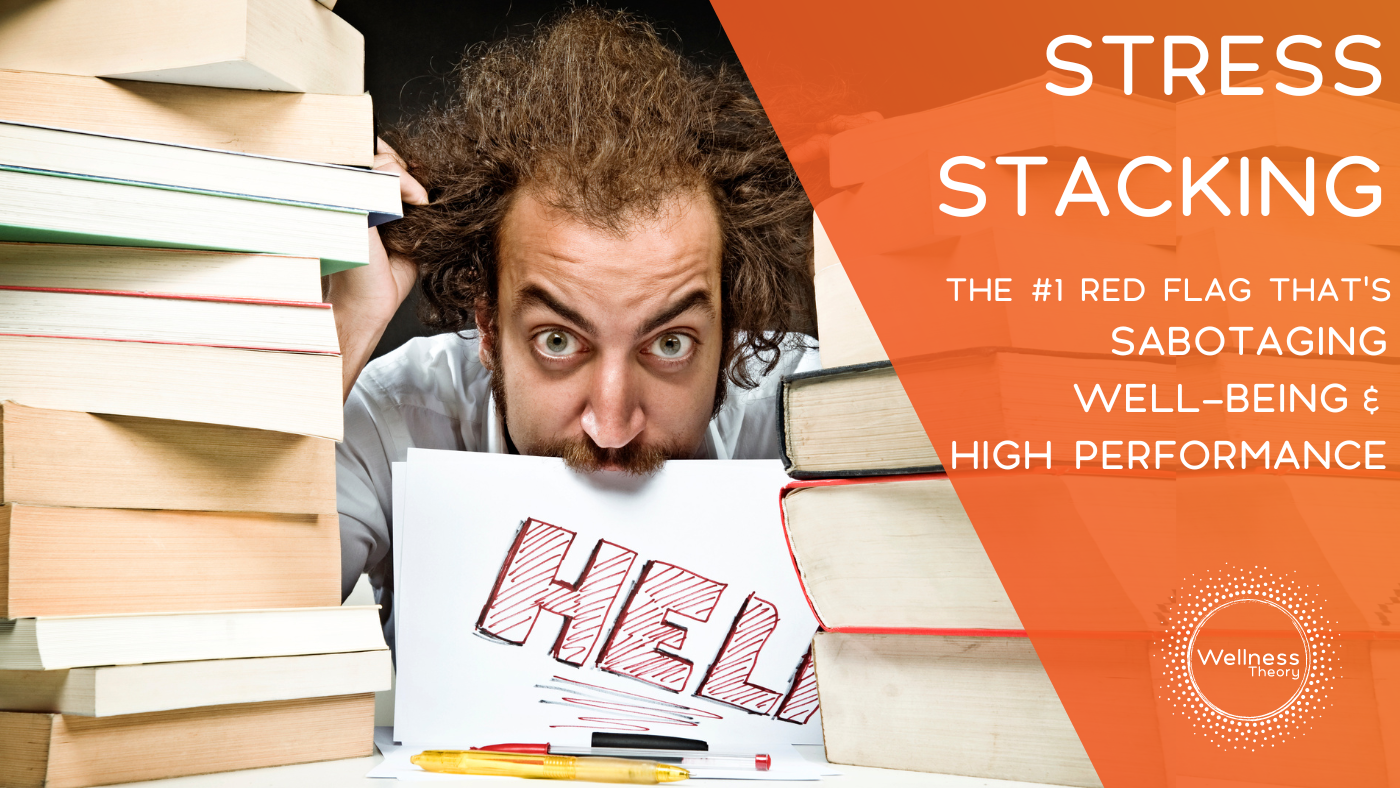
Stress Stacking: #1 Red Flag That’s Sabotaging Well-being & High Performance
FEBRUARY 27, 2022 - STRESS RELIEF, WELLNESS
Stress stacking, aka Stress Compounding, is the most overlooked problem in wellbeing. This article will teach you how to let it go.
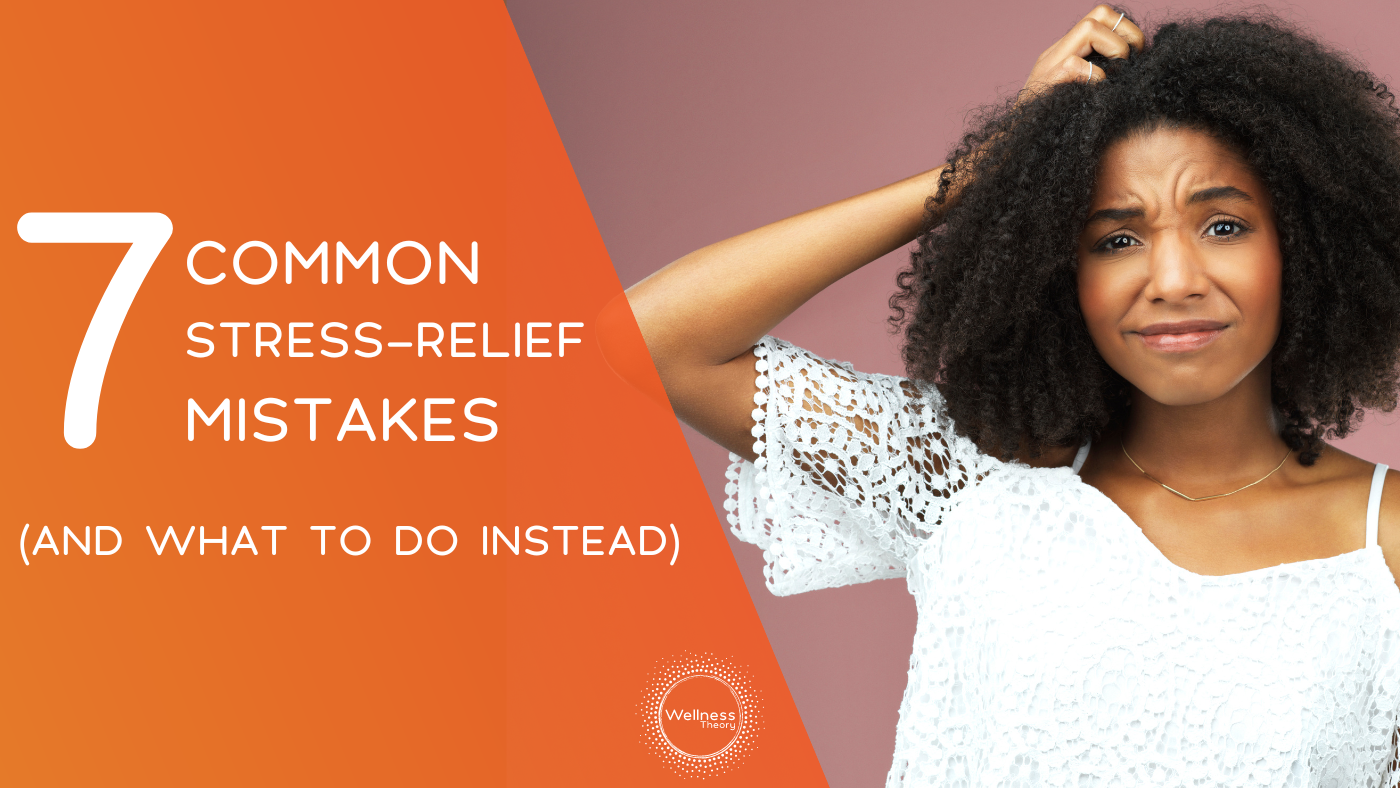
7 Common Stress Relief Mistakes (and What to do Instead)
JANNUARY 11, 2022- STRESS-RELIEF, WELLNESS
This article is about the 7 common stress relief mistakes that are preventing busy men and women from living their healthiest, happiest and most meaningful life and what to do instead.




















